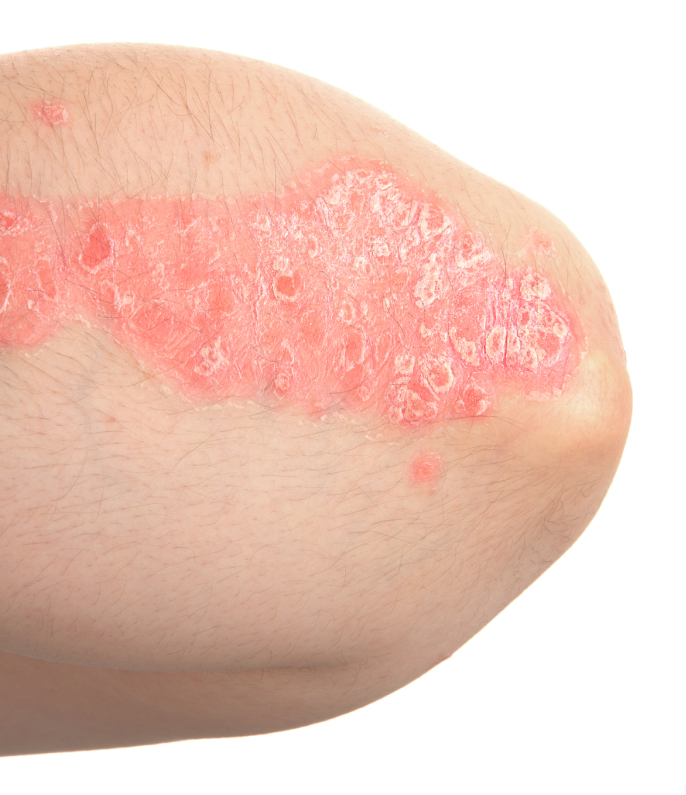
It belongs to a class of drugs known as monoclonal antibodies. These two messengers are crucial in the inflammatory pathways that result in the itch and redness of atopic dermatitis.
Dupilumab is also indicated for the treatment of severe asthma in Australia.
What is the evidence for this treatment?
Three large, well-performed trials including over 2,000 patients have been performed to date with good evidence for its effectiveness in treating atopic dermatitis.
In the above trials:
Dupilumab is given via an injection underneath the skin (subcutaneous injection) via a pre-filled syringe initially every 2-weeks. It can be given into the skin over the abdomen or over the triceps muscle. Further dosing and frequency may be changed by your doctor depending on your condition and response to treatment.
There are few side effects of Dupilumab. The most important one being Dupilumab-associated ocular surface disease which encompasses a variety of symptoms including dry eye, conjunctivitis, blepharitis and red eyes. People with pre-existing eye symptoms are more likely to get this side effect on dupilumab.
Regular lubricant eye drops can help to prevent this side effect on Dupilumab.
Yes, there are other immunosuppressants available and you may have been on one or several of these in the past (e.g: Ciclosporin). Upadacitinib (Rinvoq) is another medication that can be used in moderate-severe atopic dermatitis.
The duration of treatment depends on its effectiveness and tolerability. Weaning and/or cessation of Dupilumab can be considered in patients with well-controlled disease after discussion with your doctor.
Dupilumab is on the Pharmaceutical Benefits Scheme (PBS) for moderate-to-severe atopic dermatitis, which means each script is the standard patient co-payment amount.
There are strict PBS prescription criteria for atopic dermatitis and it is only considered for those patients with moderate-severe disease.
Once you have received a script for Dupilumab from your doctor, you can fill that script out at your local pharmacy. If you are not confident with self-injecting, our clinic nurses or your GP can take you through how to give yourself the injection or do it for you.
Dupilumab is a category B1 drug for pregnancy (drugs which have been taken by only a limited number of women, without an increase in the frequency of malformation or other harmful effects on the child).
There is only a limited amount of data from the use of Dupilumab in pregnant women. Animal studies do not indicate direct or indirect harmful effects in pregnancy. Have a discussion with your treating doctor if you are planning pregnancy or are currently pregnant prior to starting Dupilumab.
There is no specific data on the presence of Dupilumab in human milk, but human IgG is known to be excreted in human milk. A decision must be made whether to discontinue breastfeeding or to discontinue Dupilumab therapy, taking into account the benefit of breastfeeding for the child and the benefit of Dupilumab on your eczema.
Before starting Dupilumab, inform your healthcare provider about all medications you are currently taking, including prescription and over-the-counter drugs, as well as any supplements or herbal remedies.
It is important to attend all scheduled follow-up appointments with your doctor to monitor your response to treatment and any potential side effects.
Keep Dupilumab out of reach of children and store it according to the instructions provided by your healthcare provider.
Dupilumab does not impact the body’s protective response to non-live vaccines. The safety and efficacy of live vaccines in those receiving Dupilumab has not been studied.
